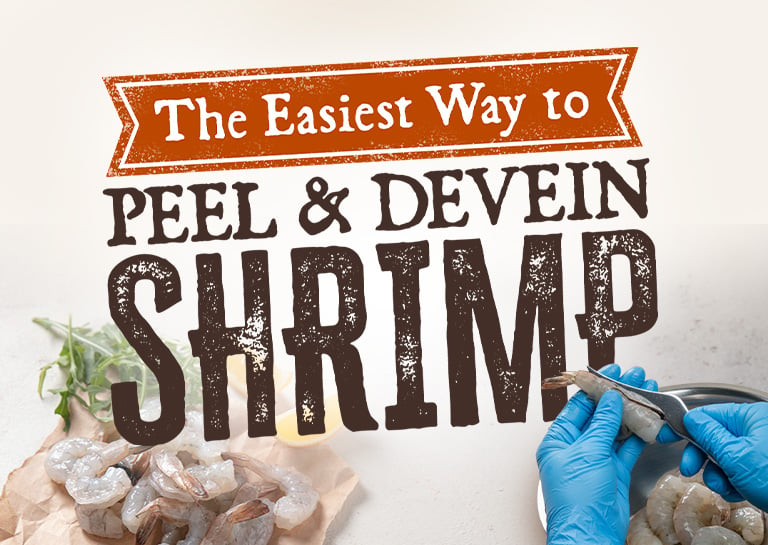February 2025 WebstaurantStore Coupon CodeThe official home for WebstaurantStore® coupon codes! Stay up to date on our latest coupon codes so you can get great deals on some of our most popular items.
Read More
Pico de Gallo vs SalsaPico de gallo and salsa are classic Hispanic foods that can be featured in many ways on your menu. Learn what they are and what sets them apart in our blog.
Read More
What Is Million Dollar BaconA gourmet breakfast item, Million Dollar Bacon, is capturing the curiosity and taste buds of patrons across the country. Learn more about this decadent food and grab our billion-dollar bacon recipe to make it yourself.
Read More
Tortilla Size GuideFind the right size tortilla for your tacos, enchiladas, and burritos with our tortilla size guide.
Read More
What Is Worcestershire Sauce?What is Worcestershire sauce, and how can you use it? Read on to discover how this pantry staple can elevate your next recipe.
Read More
What to Do with Bacon GreaseYou've prepared a batch of bacon, but what do you do with that remaining bacon grease? Before you dispose of it properly, check out some of these alternative uses you can use in your kitchen!
Read More
How to Peel and Devein ShrimpPeeling and deveining shrimp is a foundational culinary skill. Discover when and how to do it properly with our comprehensive, easy-to-follow guide.
Read More